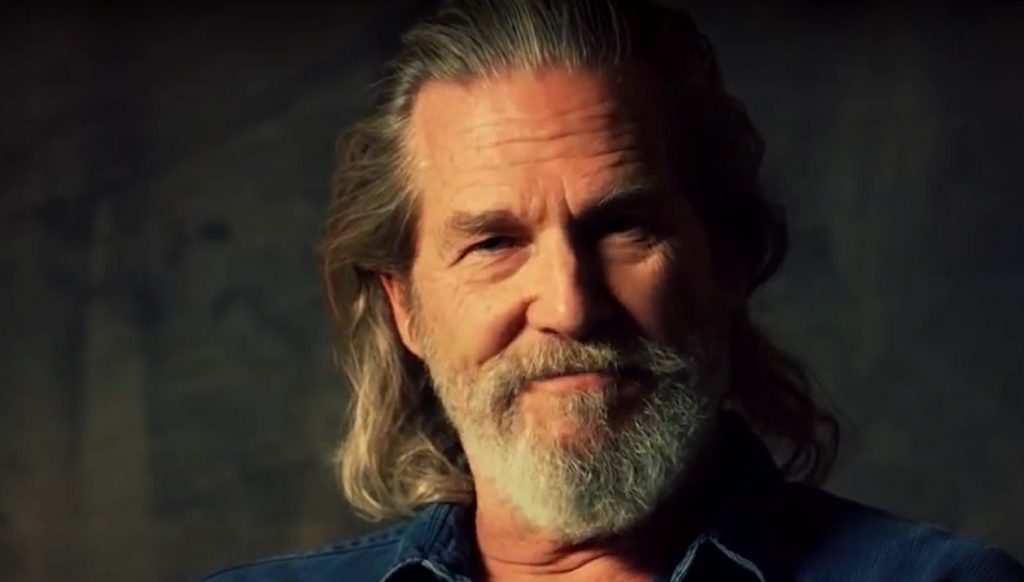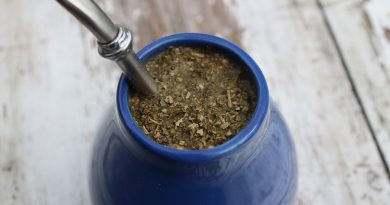Jeff Bridges wants to know: when did we become a plastic society? (video)
(Collective evolution | Alanna Ketler) It’s no surprise – we are using tons of plastic, way more than we need, and the Earth cannot digest it. Every single piece of plastic that has been created still exists somewhere on the Earth. It is poisoning our oceans, landfills and bodies. The production of plastic goods is polluting our atmosphere, and as a result of the oil extraction process to obtain the petroleum to make the plastic, our forests are being cut down and our rivers, lakes and oceans are being polluted. When will it be enough? The fact of the matter is, we are using more plastic now than ever before, and because it is so (seemingly) easily disposed of, most of us are completely unaware of the waste we are helping to produce, especially on a mass scale.
We are trying though, right?
By now, many of us are well aware of the devastating toll plastic consumption is taking on our environment and especially our oceans. While efforts are being made to minimize this waste — the majority of us recycle plastic bottles and packaging automatically — the fact of the matter remains: only nine percent of plastic waste in the U.S. ends up being recycled at all.
We are working to eliminate or at least drastically reduce our use of plastic bags for groceries, but still up to 12 million barrels of oil are used each year to produce enough plastic bags for the U.S. alone. Fortunately, awareness is spreading, and more and more people are putting these best practices into action, incorporating things like reusable water bottles, coffee cups, and grocery bags into their daily lives.
Is it absolutely necessary?
We were fine without it — before plastic became such a widespread resource — so why can’t we be okay without it now and find other resources to use that are manufactured in a way that is harmonious with the Earth and can be recycled ecologically? Jeff bridges wants to know.
The plastic pollution coalition: open your eyes (video)
Sometimes with the help of a celebrity voice, ideas like this can spread farther than without! So it’s definitely awesome that Jeff Bridges has gotten behind this project to help get the word out!
Bridges spoke to the Plastic Pollution Coalition (PPC) about his own growing awareness of the plastic pollution problem:
Plastic Pollution Coalition: What motivates your longstanding support of PPC, including lending your voice to our new video?
Jeff Bridges: My father Lloyd Bridges worked on a TV show called Sea Hunt. He impressed upon me as a child the importance of taking care of the ocean, and working together to do our part to reduce human pollution. Also, that we are all interconnected and responsible for the oceans around the world.
PPC: What about your own awareness regarding plastic—specifically, when did it begin, and why?
JB: It began with (PPC) turning me onto what a stupid idea plastic drinking water bottles are.
PPC: What changes have you made to reduce your plastic footprint?
JB: Personally, I do my best to drink my water out of metal containers. I use PCC “Rethink” bottles often. My family and I don’t purchase plastic water bottles at the store. We have a water filtration system to fill up our bottles.
PPC: On tour with Chris Pelonis and out with the Abiders? On set?
JB: When I’m working, on sets or stages, my contracts specify in the rider that no plastic bottles be used. When I’m playing with my band, we all use metal and non-plastic containers for drinking to be ecologically sensitive and show others that this is the way to go.
PPC: What are three easy first steps you abide by and recommend for someone wanting to start out on the path toward a life with less single-use plastic?
JB: 1.) Get off plastic water bottles; 2.) get into metal or glass bottles; 3.) get a cloth shopping bag.
PPC: Any thoughts or observations that you’d like to share about the issue of plastic pollution, alternatives and solutions?
JB: The way to change the world is through individual responsibility and taking local action in your own community. If everyone around the world did this, it would be the first step in solving the problem.
What can you do?
The single most important thing that you can do is start cutting plastic out of your life! If a woman can live for over 3 years without making any trash, certainly we can all do our part to eliminate, or at the very least, drastically cut down our plastic consumption. We lived for centuries without it, so we can certainly go on with less of it.
The video mentions some great, simple things you can do to cut down some of your need for plastic, which are often overlooked entirely. That straw at the restaurant, or the plastic take-out utensils that you often don’t even need. But how can we take this even further? The fact of the matter is, by boycotting companies that use a lot of plastic in their packaging, they will have no choice but to evolve their ways and become more sustainable in order to appeal to the consumer, or go out of business. Never forget that we absolutely can make a difference in the world. Change starts with you!
Source: Collective Evolution
Je zou ook interesse kunnen hebben in:




